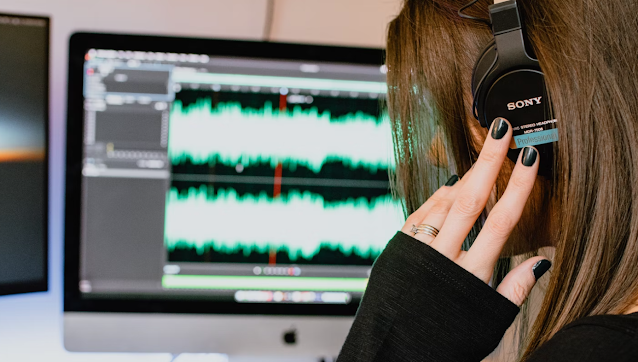What's amusing about amusia?

Welcome to 4Amusia.com , a place to find out more about something called amusia, a condition that can make it impossible to carry a tune or learn to play a musical instrument. Widespread ignorance of this condition—commonly referred to in derogatory terms like tone deafness or tin ears—can lead to social and emotional problems for those who have it. I know, because I have amusia. Amusia is defined as: "a musical disorder that appears mainly as a defect in processing pitch but also encompasses musical memory and recognition" ( Wikipedia ). Some studies suggest that as many as 4% of people are born with an innate inability to recognize musical tones or to reproduce them. This is referred to as congenital amusia. In 2018, I discovered that my lifelong failure to sing or learn guitar—despite great effort—was due to congenital amusia, not some weird character defect (although you can still find music coaches who insist that amusiacs are just being lazy). When time permits, I pl...

